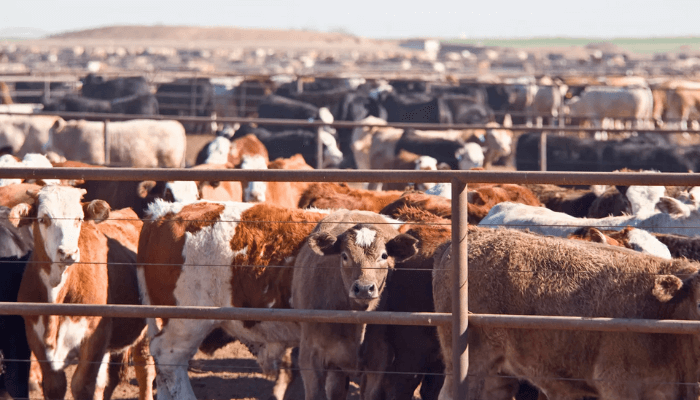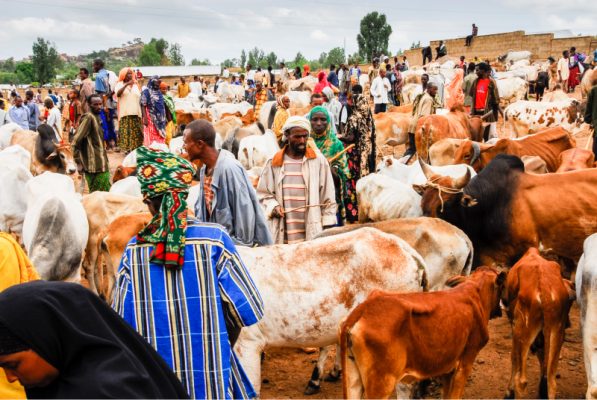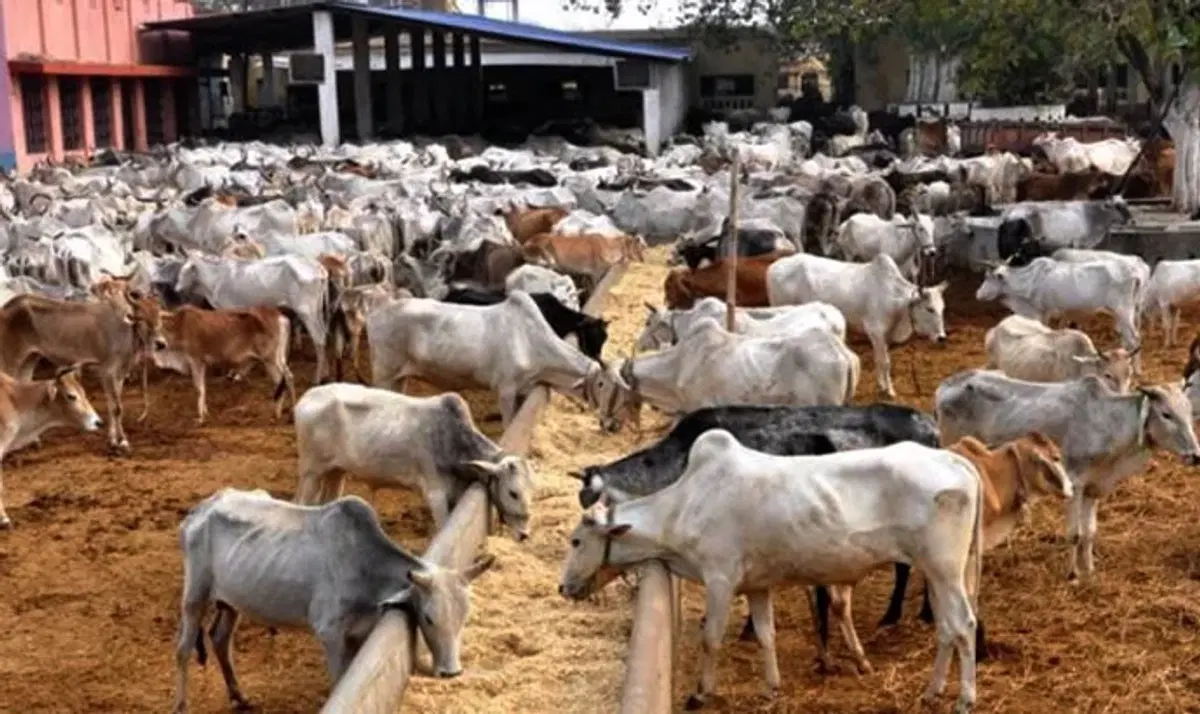The Federal Government has imposed a nationwide ban on open grazing in what officials describe as one of the most decisive moves yet to curb the persistent herder–farmer conflict.
The Minister of Livestock Development, Alhaji Mukhtar Maiha, announced the policy on Tuesday at the inauguration, and maiden meeting of the National Council on Livestock Development held in Yola, Adamawa State.
He said the government could no longer ignore the rising violence tied to open grazing, noting that many communities have suffered deaths, destruction of farmlands, and loss of property due to recurring clashes.
Maiha warned that the cycle of attacks and reprisals had grown into a national security emergency, prompting the government to classify open grazing as a capital offence under revised livestock regulations.
He urged herders to transition to ranching, describing it as a safer and more productive alternative that would reduce conflicts, improve cattle quality, and unlock new commercial prospects in the livestock sector.
The minister also outlined the administration’s broader economic goals, stating that the government plans to position livestock as Nigeria’s second-highest revenue earner after oil and gas.
With ongoing reforms already boosting income, Maiha projected that the sector could generate up to “$74 billion within five years.”
He added that both states and private investors would receive federal support to adopt the new livestock development strategy.
Adamawa State Deputy Governor, Professor Kaletapwa Farauta, commended the choice of Yola as the venue for the council’s inaugural meeting, saying the state’s strong livestock production capacity makes it suitable for national discussions on sectoral transformation.
She expressed optimism that the government’s new measures could bring stability to rural communities long affected by conflict.
The newly established National Council on Livestock Development—comprising directors of livestock services from the 36 states and the FCT—will coordinate the implementation of ranching policies, monitor compliance, and propose further reforms to modernise the livestock industry.












